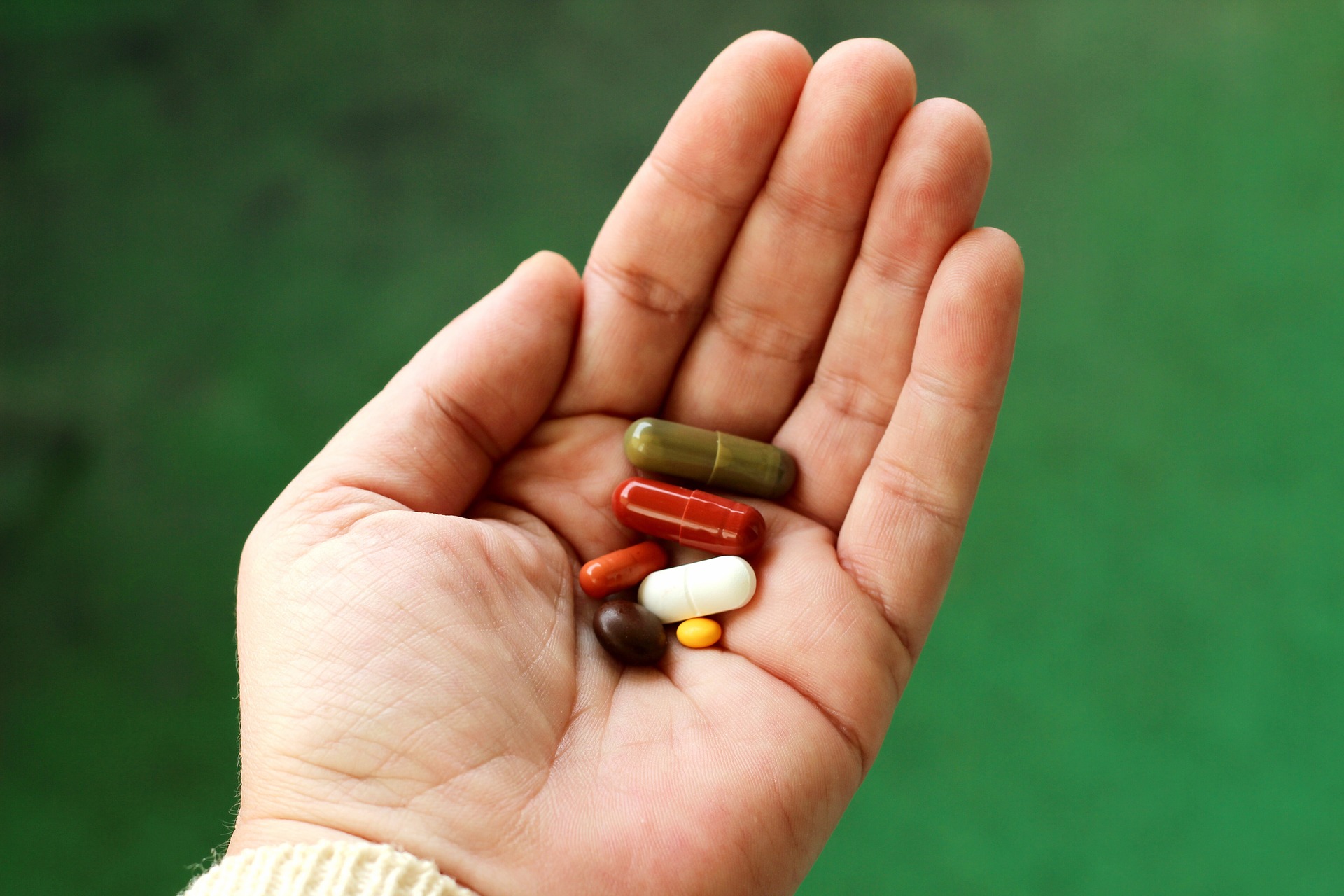Which Supplement do You Need: B12 vs. B-Complex
Vitamin B12 has gained popularity as an all-natural sleep aid, energizer, and stress reducer. After experiencing the impressive benefits of this powerhouse supplement, many rested, energetic, and calm believers are wondering if a B-complex vitamin might pack an even bigger punch.
B-vitamins are water-soluble, meaning they are not stored in the body. Though they don’t stick around long, B-vitamins are vital for supporting a variety of bodily functions.
Most people get the right amount of B-vitamins through diet, but others may need to supplement these important vitamins through pills or shots. Each B-vitamin supports different bodily functions, so your doctor will be able to pinpoint the supplements you need and help you decide between B12 vs. B-complex.

How to Decide Between B12 vs. B-Complex
B12 is one of EIGHT essential B-vitamins. B-complex supplements generally contain all eight, though the most common deficiencies are vitamins B1, B6, and B12.
When considering B12 vs. B-complex supplements, your body will tell you exactly what you need.
- B1 (thiamine): Thiamine helps convert nutrients into energy, making it essential to your metabolic system. It’s also a strong supporter of your immune system and nerve function! To get more of it naturally, include pork, sunflower seeds and wheat germ in your diet.
- B2 (riboflavin): Riboflavin helps its friend thiamine convert food to energy, while also serving as an antioxidant. You’ll find the highest natural amounts in organ meats, beef, and mushrooms.
- B3 (niacin): Niacin is a multi-faceted member of the B-vitamin family. It helps your cells communicate and plays a role in metabolism and DNA production. Eat chicken, tuna, and lentils for natural absorption.
- B5 (pantothenic acid): In addition to converting food to energy, pantothenic acid also supports hormone and cholesterol production. Good food sources include liver, fish, yogurt, and avocado.
- B6 (pyridoxine): If the other B-vitamins were energy drinks, pyridoxine would be an ambulance defibrillator. In addition to facilitating energy production, B6 regulates hormone activity, blood glucose levels, and hemoglobin production. Oh, and it aids in the creation of neurotransmitters. Foods high in this vitamin include chickpeas, salmon, and potatoes.
- B7 (biotin): Biotin specifically helps metabolize carbohydrates and fats. It also controls gene expression and can be found in yeast, eggs, salmon, cheese, and liver.
- B9 (folate): Folate metabolizes amino acids, assists in the formation of blood cells, and helps cells develop and divide properly. You can get your fill through leafy greens, liver, and beans.
- B12 (cobalamin): This famous member of the B-vitamin family is involved in neurological function, DNA production, and red blood cell development. You can find it naturally in animal sources like meat, eggs, seafood, and dairy.
So Which is Right for You: B12 vs. B-Complex
While they share some similarities, each of the B-vitamins performs its own duties and is needed in different amounts. As suggested by the wide variety of foods each is found in, it is fairly uncommon to need to supplement all the B-vitamins.
Those with limited diets (like vegetarians, pescatarians, and vegans) may benefit from a B-complex vitamin. People are most commonly deficient in vitamins B1, B6, and B12 and will see improvement with singular supplements.
If you and your doctor determine that you need to supplement your diet with additional B-vitamins, consider whether a pill, liquid, or shot delivery system would work best for you.
Ready to increase your energy, reduce brain fog, and fight stress? We’ve got B1, B6, and B12 shots available with no appointment necessary (plus options for your whole office)!